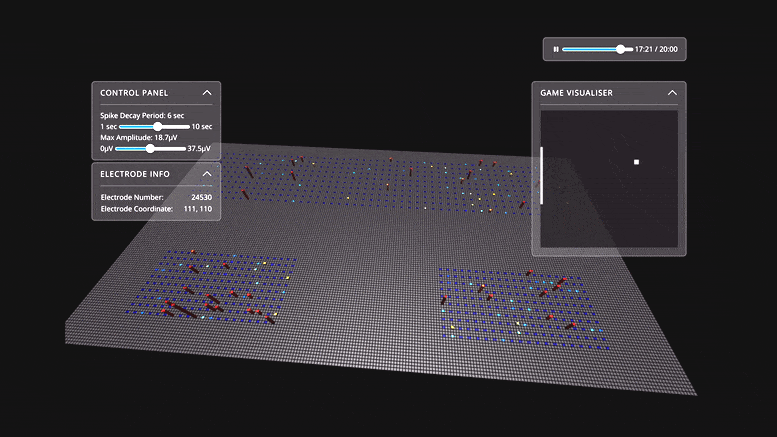Researchers have grown brain cells in a lab that learned to play Pong, a 1970s-era tennis-like video game. They say their “mini-brains” can perceive the environment and respond to it.
Brain Cells With Sentient From Petri Dish in Lab

Writing in the journal Neuron, Cortical Labs' Dr Brett Kagan claims to have created the first “sentient” lab-grown brain in a petri dish.
Other experts described the work as “exciting” but said it was too much to call brain cells sentient.
“We could find no better term to describe the device,” Dr Kagan says. ”It is able to take in information from an external source, process it and then respond to it in real time.”
The miniature brains were first produced in 2013 to study microcephaly, a genetic disorder where the brain is too small, and have been used to study brain development ever since.

But this is the first time they've plugged into and interacted with an external environment, in this case a video game.
But when the ball passed a paddle and the game restarted at a random point, it took them more time to recalibrate for a new unpredictable situation.
The mini brain learned to play in five minutes. It often misses the ball – but its success rate is much higher than random chance.
The researchers stressed that although it was not conscious, it did not know it was playing Pong like a human player.
The researchers say their mini-brains are more adaptable than current artificial intelligence systems, and could therefore provide the basis for more adaptable robots.

